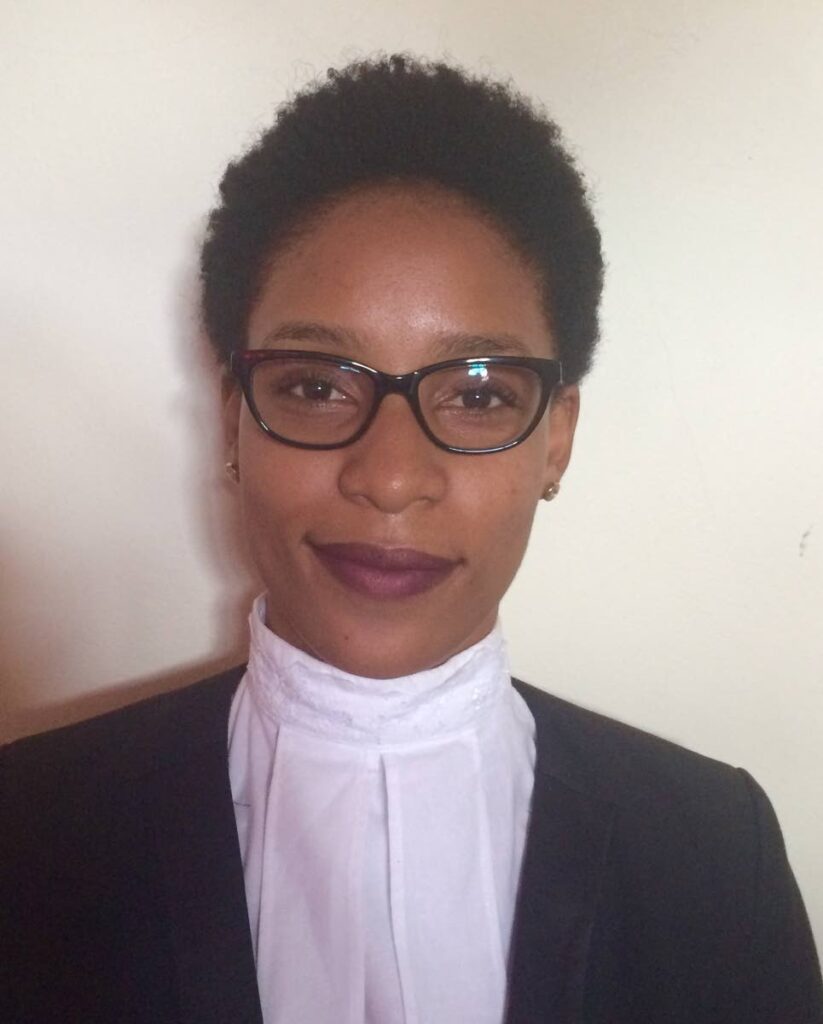Choosing the right relationships

Kanisa George
Relationships are a complex, out-of-this-world equation that knock us off our feet, are a source of great happiness, and other times bring us unbearable pain. Yet, as daunting as our interaction with others can sometimes be, there is nothing more fulfilling than a relationship that meets our emotional needs.
And just like relationships, emotions are equally vast and complicated, and when the two become embroiled together, a toxic potion can invariably be the inevitable outcome.
The state of intimate relations today differs considerably from how they did a couple of centuries ago. Blame it on the onset of the industrial revolution for whittling away aristocracy and Victorian niceties; the more we develop liberal perspectives and opinions, the more inventive we become regarding the accepted standards of relationships.
Many applaud society's fervour to move away from reductionist ideologies that had far greater consequences on a woman's freedom and their right to be master of her own choice than on a man's. Whether we have achieved a state of equity on the topic is still up for debate, but there is undoubtedly a marked difference in the way we approach intimate relationships and varied perspectives on expectations now to what existed before.
Having moved the marker to reflect a free-thinking, open-minded approach to love and intimacy, did we inadvertently ascend into the arena of instability masquerading as progression? Did we mess the whole thing up by eradicating long-standing moral codes that clearly served some utility? Or maybe we are still working out teething issues.
With over seven billion of us roaming the earth, why is it near impossible to find meaningful, lasting intimate interactions that give us the John Keats and Fanny Brawne feels? Why can't we seem to get it right?
Give a man an inch, and he'll take a mile seems like an odd idiom to base our lives on, but truthfully, that might be exactly what we've done. Naturally, no one wants to conform to the strict dating codes of yesteryear that left women with little to no say on the concept of love and intimacy, but by way of small concessions granted decade after decade, is it possible that expectations continue to grow in response?
We moved from chaperoned interactions to public displays of affection, to a woman's right to choose her partner, and somehow, with a few steps in between, we've arrived at friends with benefits, entanglements and the highly regarded situationship.
Perspectives once regarded as downright taboo are not only commonplace but somewhat encouraged as they can be mutually satisfying without all the complexities associated with commitment, especially when both parties aren't quite ready to settle down. We are all emotional and sexual beings, and luckily, we live in a time where we have the power of choice, and maybe a friends-with-benefits regimen might be precisely what the doctor ordered.
Despite that, living in a time of such liberation has cultivated a "blurred line" way of thinking, making it difficult to determine whether commitment is even on the table. While we seldom talk about it, the harsh reality is that monogamy might be a dying concept, for even those who desperately seek it find it hard to maintain when so much freedom and choices are bandied about.
Even the best-intended candidate, hopeless in their pursuit of happiness, opt for relationships that lack commitment, as this might be all that is available at the time. So they continue, hoping that the relationship can blossom into something more if they remain loyal. And there are times when it can. But when would we realise that we're doing more harm than good? Maybe we're opting for the easy way out? Isn't that what situationships are about?
Without the need for much explanation, situationships are highly regarded because they lack all the responsibilities often associated with relationships while still attaining the benefits of intimate relations. It almost acts like an in-between, where you can experience physical and, to some extent, emotional connection while holding on to your freedom.
Somewhere along the line, this has become the new standard for many of us, leaving others who aspire to have lasting, committed relationships unable to read between the lines. So what should we do? This new normal isn't always easy to navigate but start by being honest about what you want, and if you aren't being met on that level, save yourself the trouble and tears and abort the mission.
Unfortunately, only some people are willing to change their perspective, and you don't want to find yourself years down the line, far away from your end goal.
Also, pay attention to the signs. For anything that appears to lack commitment or where you're unsure where you stand, it's probably wise to get a clear idea from your partner. And if the energy isn't what it should look like, more than likely, the lines are blurred, and it might be beneficial to distance yourself, and chances are you'll get a much clearer picture.
An ode to love in a time of sexual freedom and fleeting commitment is a moot exercise. Still, we all have the responsibility to choose the path that makes us happy, whether that be commitment or not, without leading others to their doom. Freedom is power, and choice grants us that freedom. And yet it seems we have so much power and no clue how to properly use it.


Comments
"Choosing the right relationships"